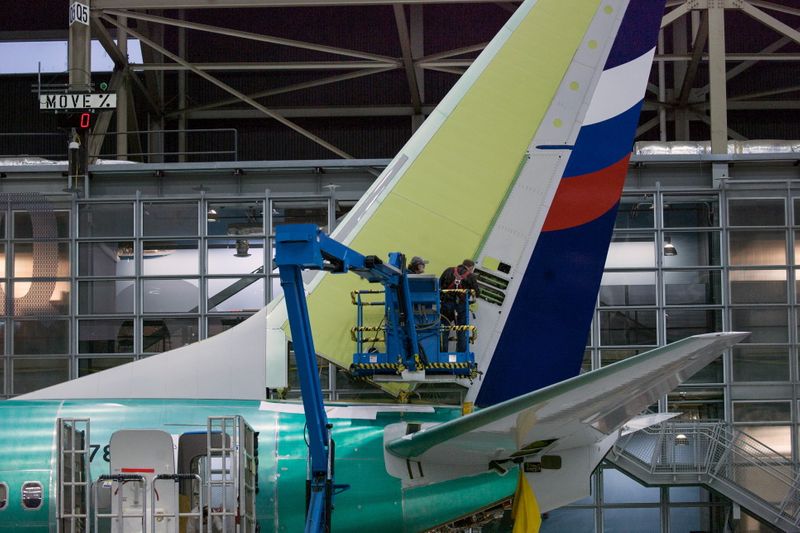Most job search advice is cookie-cutter. The advice you’re following is almost certainly the same advice other job seekers follow, making you just another candidate following the same script.
In today’s hyper-competitive job market, standing out is critical, a challenge most job seekers struggle with. Instead of relying on generic questions recommended by self-proclaimed career coaches, which often lead to a forgettable interview, ask unique, thought-provoking questions that’ll spark engaging conversations and leave a lasting impression.
English philosopher Francis Bacon once said, “A prudent question is one half of wisdom.”
The questions you ask convey the following:
- Your level of interest in the company and the role.
- Contributing to your employer’s success is essential.
- You desire a cultural fit.
Here are the top four questions experts recommend candidates ask; hence, they’ve become cliché questions you should avoid asking:
- “What are the key responsibilities of this position?”
Most likely, the job description answers this question. Therefore, asking this question indicates you didn’t read the job description. If you require clarification, ask, “How many outbound calls will I be required to make daily?” “What will be my monthly revenue target?”
- “What does a typical day look like?”
Although it’s important to understand day-to-day expectations, this question tends to elicit vague responses and rarely leads to a deeper conversation. Don’t focus on what your day will look like; instead, focus on being clear on the results you need to deliver. Nobody I know has ever been fired for not following a “typical day.” However, I know several people who were fired for failing to meet expectations. Before accepting a job offer, ensure you’re capable of meeting the employer’s expectations.
- “How would you describe the company culture?”
Asking this question screams, “I read somewhere to ask this question.” There are much better ways to research a company’s culture, such as speaking to current and former employees, reading online reviews and news articles. Furthermore, since your interviewer works for the company, they’re presumably comfortable with the culture. Do you expect your interviewer to give you the brutal truth? “Be careful of Craig; get on his bad side, and he’ll make your life miserable.” “Bob is close to retirement. I give him lots of slack, which the rest of the team needs to pick up.”
Truism: No matter how much due diligence you do, only when you start working for the employer will you experience and, therefore, know their culture firsthand.
- “What opportunities are there for professional development?”
When asked this question, I immediately think the candidate cares more about gaining than contributing, a showstopper. Managing your career is your responsibility, not your employer’s.
Cliché questions don’t impress hiring managers, nor will they differentiate you from your competition. To transform your interaction with your interviewer from a Q&A session into a dynamic discussion, ask unique, insightful questions.
Here are my four go-to questions—I have many more—to accomplish this:
- “Describe your management style. How will you manage me?”
This question gives your interviewer the opportunity to talk about themselves, which we all love doing. As well, being in sync with my boss is extremely important to me. The management style of who’ll be my boss is a determining factor in whether or not I’ll accept the job.
- “What is the one thing I should never do that’ll piss you off and possibly damage our working relationship beyond repair?”
This question also allows me to determine whether I and my to-be boss would be in sync. Sometimes I ask, “What are your pet peeves?”
- “When I join the team, what would be the most important contribution you’d want to see from me in the first six months?”
Setting myself up for failure is the last thing I want. As I mentioned, focus on the results you need to produce and timelines. How realistic are the expectations? It’s never about the question; it’s about what you want to know. It’s important to know whether you’ll be able to meet or even exceed your new boss’s expectations.
- “If I wanted to sell you on an idea or suggestion, what do you need to know?”
Years ago, a candidate asked me this question. I was impressed he wasn’t looking just to put in time; he was looking for how he could be a contributing employee. Every time I ask this question, it leads to an in-depth discussion.
Other questions I’ve asked:
- “What keeps you up at night?”
- “If you were to leave this company, who would follow?”
- “How do you handle an employee making a mistake?”
- “If you were to give a Ted Talk, what topic would you talk about?”
- “What are three highly valued skills at [company] that I should master to advance?”
- “What are the informal expectations of the role?”
- “What is one misconception people have about you [or the company]?”
Your questions reveal a great deal about your motivations, drive to make a meaningful impact on the business, and a chance to morph the questioning into a conversation. Cliché questions don’t lead to meaningful discussions, whereas unique, thought-provoking questions do and, in turn, make you memorable.
_____________________________________________________________________
Nick Kossovan, a well-seasoned veteran of the corporate landscape, offers “unsweetened” job search advice. You can send Nick your questions to artoffindingwork@gmail.com.
Related

































